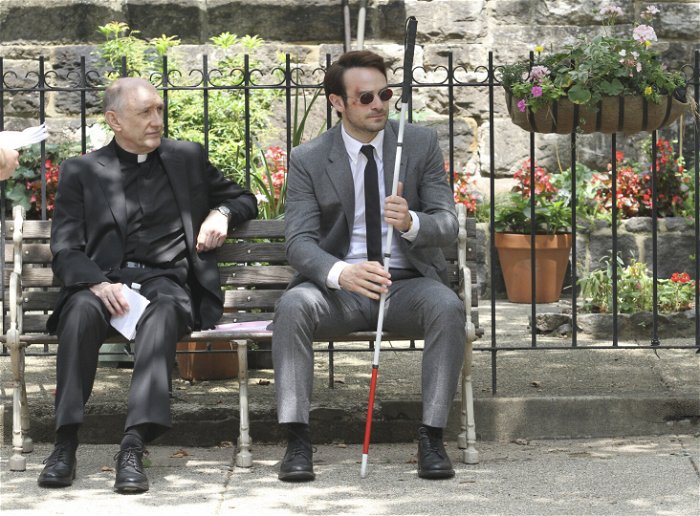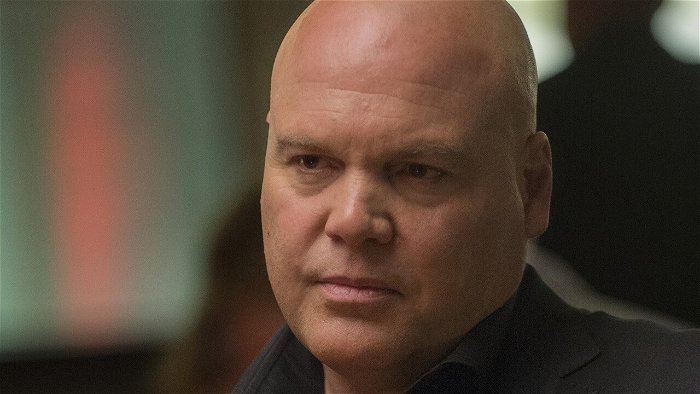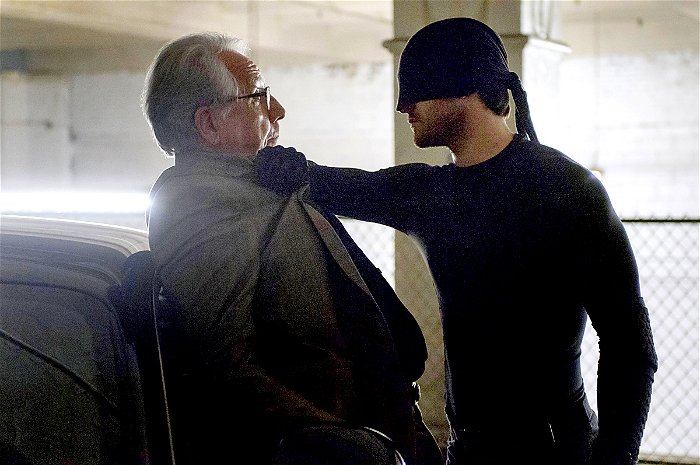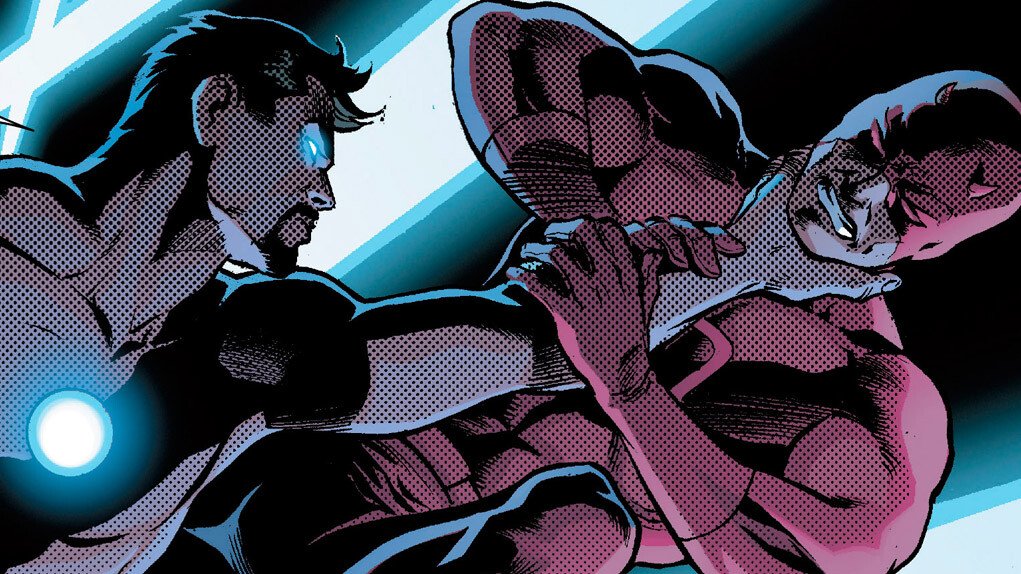Back in the 70s, there was an interesting occurrence in the DC universe. Green Arrow took Green Lantern under his wing, and basically raked him across the coals for being “Holier than thou.” What he meant by this was that Green Lantern, an Earthling and American citizen, was flying around the universe, saving said universe, but when it came to his own backyard, he saved slumlords that were in process of kicking out poverty stricken children. He even apprehended these kids even though they were stealing to survive. Green Lantern was a superhero that only cared about big, grandiose acts of good, while completely ignoring all the social problems that created the criminals he was catching.

Now, with the Netflix/Marvel interpretation of Daredevil, we have the same problem all over again, except it’s a blind, Irish, Catholic lawyer standing up to the financial ills and social injustices that everyone from Captain America to Iron Man is ignoring.
According to the narrative of Daredevil the Netflix online series, Hell’s Kitchen, a neighbourhood in Manhattan, New York city, has regressed to conditions similar to its pre-millennial, slum-ridden, poor immigrant heritage, thanks to the damage suffered during the Chitauri invasion of the first Avengers movie. As a result, the area is in bad shape both socially and financially, and the damage incurred has been exploited by various organized crime groups, regressing the neighbourhood to the bad old days of New York when the Italian Mafia exerted huge criminal influence on the New York social, political, legal and financial scene. The chief architect of this crime wave is Wilson Fisk, better known to Marvel fans as the Kingpin, and, as with Daredevil, he’s more of a “regular” villain than one of the “super” variety, in that he has no superhuman abilities other than a brutal past that has shaped in him into an intelligent, ruthless criminal. Thanks to the activities of Fisk, white slavery, child abduction, heroin trafficking, and real brutal estate extortion are just a few of the crimes running rampant through Hell’s Kitchen that Iron Man, Captain America, Black Widow and the rest simply ignore because it’s “not worth it,” to them. It’s up to a blind, Catholic lawyer whose only advantage is amplified senses to run around in a homemade suit and mask, bringing justice and safety to a place the other heroes have willingly abandoned to the criminal element, leaving the little guys to fend for themselves until Murdock comes along.

In other words, the Avengers are “1% superheroes,” that only look after the high end, “premium” threats to the world. The everyday abuses and miseries of human suffering, such as an elderly woman killed to silence her resistance to an slum buyout that would put her out of a home, is simply “not worth it,” to these do-gooders.
This is particularly disappointing in the case of Steve Rogers, who, way back in the WWII era, WAS one of these “little guys,” born poor and humble in New York himself, bullied by everyone in his neighborhood. Now, as Captain America, even though he lives in New York, he allows the crime to happen all around him unchecked, because it’s not an alien invasion or a criminal organization trying to take over the government.

To be fair, it’s not like this is a particularly new problem in comics, and it’s one of the reasons why Batman is such a compelling figure in the DC universe; because he also goes after the mobsters, muggers, rapists and other street level criminals that Superman rarely addresses in his crusades against giant robots. But the one thing that the Netflix interpretation of Daredevil does well that few of the other superhero shows or movies present is the very real emotional and social cost of “normal” crime. Mobsters killing old, retired tenants of an apartment building might not be as “sexy” as a supervillain throwing around cars, or summoning an interstellar army, but to start labeling certain crimes as “more worthwhile to stop” than others really calls into question what, exactly, is the nature of heroism? If you only stop big, flashy criminal acts that get you pasted all over news programs and the Internet, then are you really fighting for justice, or for an audience? And if your argument is, “Well, I’m better at stopping super criminal activity than the regular, garden variety,” then what are you doing when aliens AREN’T invading New York?
Obviously, it wasn’t the intention of a show like Daredevil to call into question the heroism of the other, “bigger” heroes. But that seems like an almost inevitable side-effect of putting the attention on the streets themselves. By bringing the reality of social problems and organized crime into the Marvel Cinematic Universe, it reminds viewers that the world is not composed just of alien invasions and evil geniuses with plans for global domination. And if the major heroes are only paying attention to those big threats, then does it mean the victims of these “smaller” problems are ignored? Matt Murdock obviously thought so. And he decided to do something about it.




